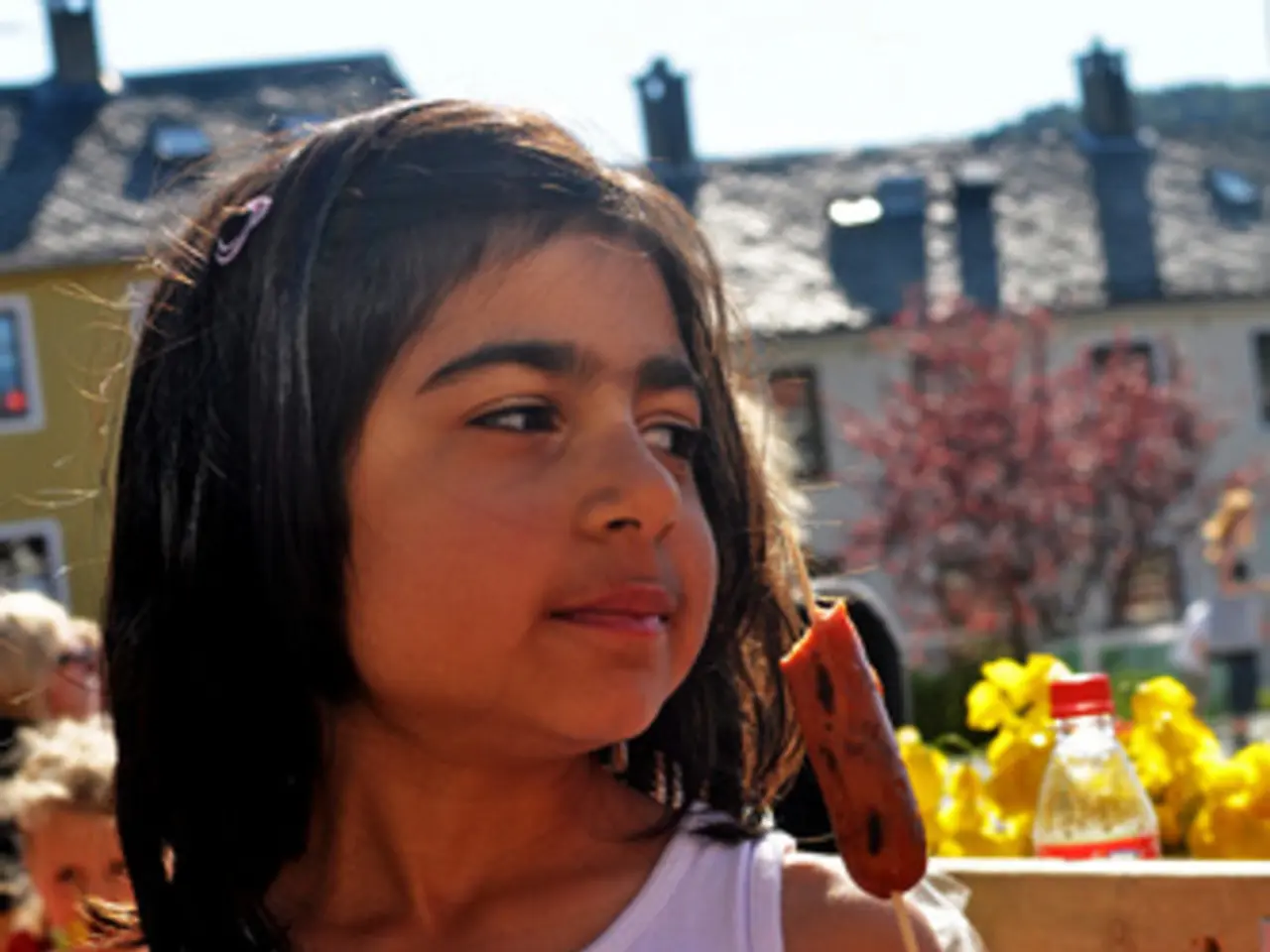Discover Family-Friendly Museums in Puglia: A Guide for Parents and Kids
In the sun-drenched region of Puglia, Italy, families can embark on an educational journey that combines history, art, and nature in a way that is both captivating and interactive. Here are some of the best child-friendly museums and educational spaces that offer hands-on learning and exploration.
The **Dinosaur Park** in Castellana Grotte, with its life-size dinosaur models, provides an engaging, playful, and educational experience for children interested in prehistoric life. Kids can discover dinosaurs in an interactive environment, making learning a fun and memorable experience.
The **Castellana Caves** offer customizable tours suitable for all ages, allowing children to explore the underground world, marvel at stalactites and stalagmites, and experience a natural science adventure firsthand.
Alberobello's Trulli, a UNESCO World Heritage site, is magical for children due to its unique conical-roofed houses. Besides wandering the fairy-tale-like town, kids can learn the history and practical craft aspects of the trulli through interactive experiences like workshops or guided visits within trulli homes and shops.
For those interested in art and craft, many family-friendly spaces and cultural centers in Puglia offer children’s art workshops that engage kids in creative, experimental learning about Italian art and craft traditions.
Zoosafari Fasano, though not a museum, is highly educational and interactive for kids, offering close encounters with animals in a naturalistic setting.
While many historic sites in Puglia such as the Basilica San Nicola and the historic centers of Lecce and Polignano a Mare provide cultural immersion, they are less hands-on but can complement visits to the more interactive sites.
The **Museo della Preistoria di Nardo** focuses on prehistoric archaeology and has some of Europe's oldest Homo sapiens fossils. It offers fossil exhibits and stone-age-themed workshops for children.
The **Parco Archeologico di Rudiae** in Lecce, with its Roman amphitheater, offers a glimpse into ancient ruins. The **Museo della Ceramica di Grottaglie** showcases traditional pottery and folk art, while the **Museo Archeologico dei Ragazzi** in Nardo is a child-centered archaeology museum offering interactive activities.
The **Museo di Storia Naturale del Salento** in Calimera features exhibits on zoology, paleontology, ecology, and a wildlife park with live animals. It also has a planetarium and offers space-themed presentations.
The **Museo Archeologico Nazionale di Egnazia** displays artifacts from the Messapian and Roman periods, adjacent to the archaeological park of Egnazia. The **Museo delle Saline** in Margherita di Savoia offers insights into the history and process of salt production.
Kalòs - L'Archeodromo del Salento, Italy's largest open-air archaeological park, reconstructs life in prehistoric and Messapian times. It offers hands-on experiences like fire-starting with flint, weaving, grinding grain, and other ancient skills during special school visits and family days.
The **Museo dei Bambini** in Lecce is a children's museum focused on open-ended play, early science, and creativity. It is suitable for children aged 0.5 to 10 years.
Lastly, the **Museo Paleontologico dei Dinosauri** in San Marco in Lamis focuses on paleontology and dinosaurs.
Puglia's museums offer hands-on, interactive experiences, making learning engaging and enjoyable for families, inviting them to pack their sense of adventure and love of discovery for a memorable and educational journey.
In Lecce, the Museo dei Bambini provides a captivating, child-centered space for open-ended play, science, and creativity. Children's ages range from 0.5 to 10 years.
For those interested in prehistoric archaeology, the Museo della Preistoria di Nardo showcases Europe's oldest Homo sapiens fossils and offers fossil exhibits and stone-age-themed workshops.
The Museo Archeologico Nazionale di Egnazia displays artifacts from the Messapian and Roman periods, offering insight into the region's history.
In addition to museums, Puglia's educational offerings include interactive spaces such as Zoosafari Fasano, providing close encounters with animals in a naturalistic setting, and Kalòs - L'Archeodromo del Salento, Italy's largest open-air archaeological park, offering hands-on experiences with ancient skills. These diverse options combine to create a stimulating, experiential, and interactive learning approach, fostering a love of discovery and promoting lifestyle and education-and-self-development in children.




